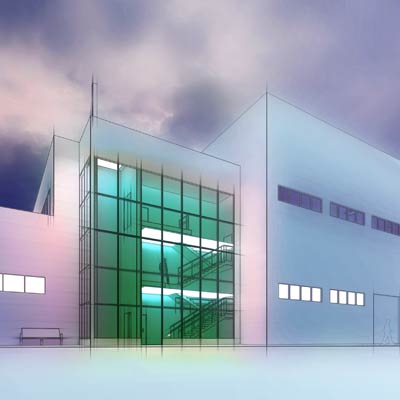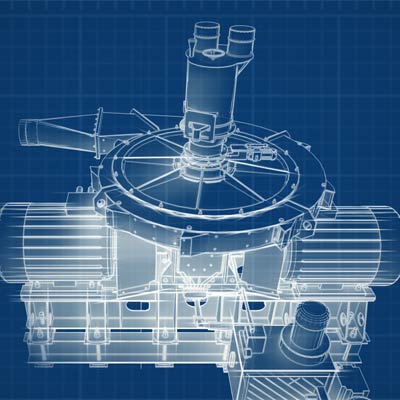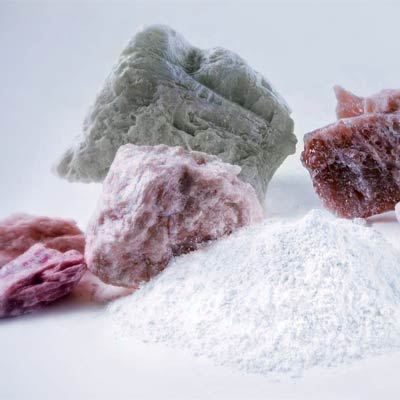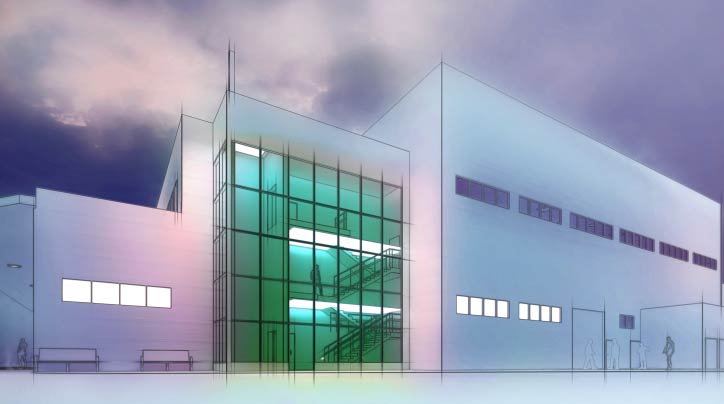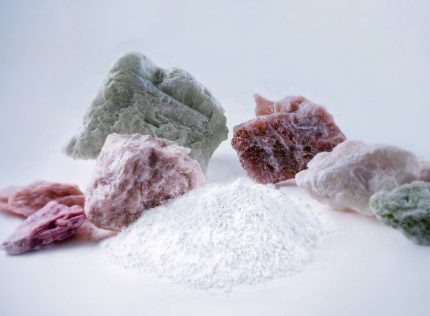About us
Our young company was established with one goal in mind - to build a plant using the latest technology that is unparalleled in the world and to produce a high-quality, competitively priced product.
Finegri, established in 2021, is a company for the production of finely dispersed industrial minerals, particularly talc. The technology has been patented, has undergone numerous industrial approbations, and has been successfully implemented in many enterprises all over the world.
The process know-how applied at our production facilities allows delivering the end product having an exclusive quality, with the highest health, safety and environmental standards met.
Finegri’s personnel comprises high-skilled specialists in various areas: each one of them speaks several languages and has a long track record of international projects aimed at developing production enterprises, introducing innovations into business and production processes, and other related areas.
Finegri’s personnel is a team of specialists having various profiles and united by innovative ideas. We both manage our own unique manufacturing processes, and use our competences to implement the ideas of our customers by offering turnkey solutions.
For us, each customer’s desire is a challenge and an opportunity to make favourable changes in our productions processes and to become more flexible. We listen to and hear our customers, while our lead specialists implement innovations and create additional opportunities for everyone cooperating with us.
We generate innovations: Finegri is a synonym to “innovation”.
